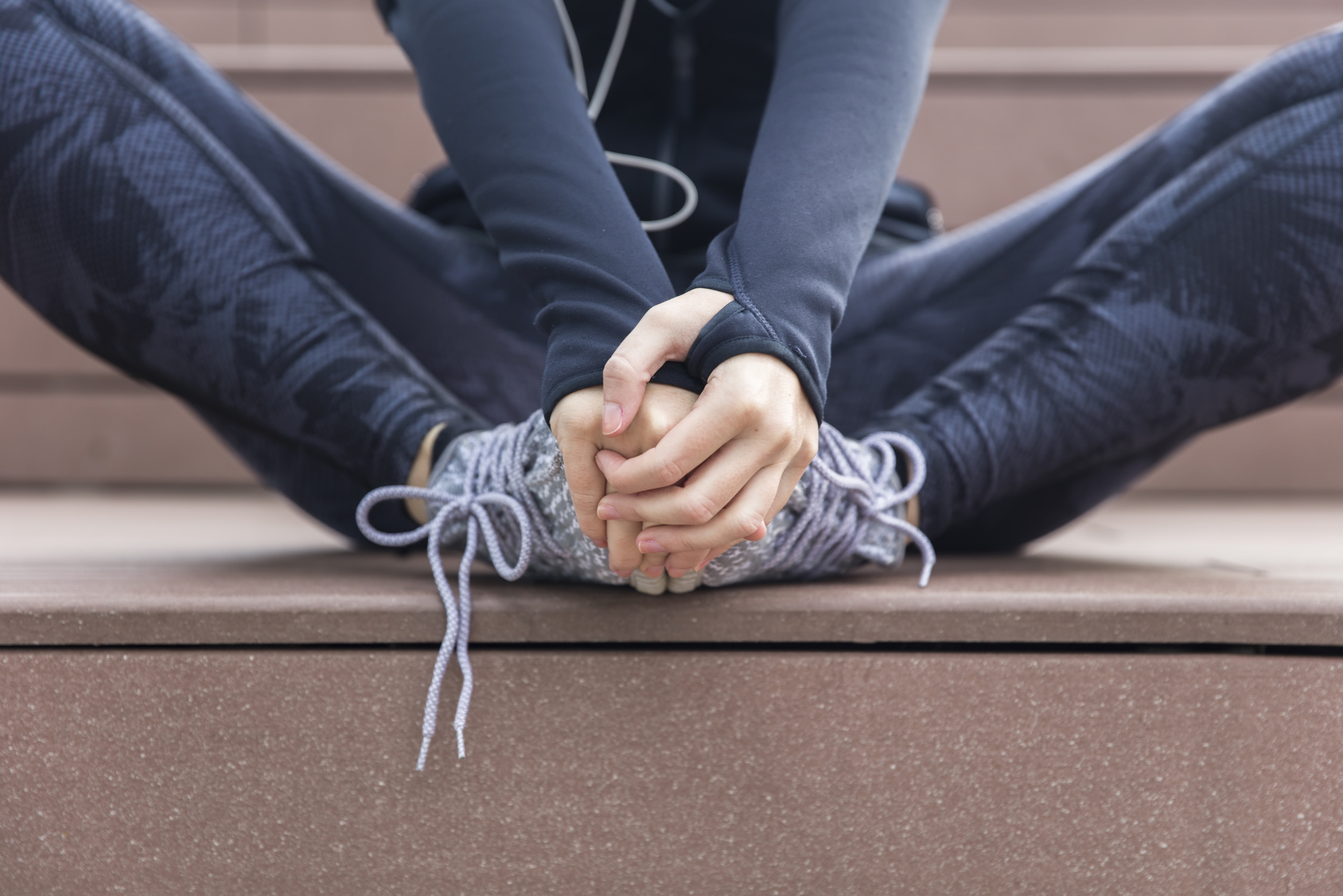**This is a Sponsored Guest Post by my friend Alina Boskar **
Studies have shown that most students tend to be more active and do exercise more in high school but once they transition to higher education, they develop sedentary habits. This is due to a large number of assignments. And often students simply do not have enough time to combine self-development, sports and study, although not everyone suffers from such problems, some students actively use thesis helper online, thereby simplifying their study period.
Unfortunately, such statistics are widespread, while many freshmen are deluded that it is possible to successfully combine study, sports, household chores and often also work. So it is not uncommon for students to start looking for dissertations and term papers for sale due to an acute lack of time and unexpectedly difficult tasks. However paradoxical it may seem, allowing at least the necessary minimum time for physical exercises, you will notice that you begin to get more done and remember things better, thereby more than offsetting the time spent.
Many studies have been done on the effect of physical exercise on the brain and most of them have concluded that being physically active helps improve brain performance. Specifically, running has several health benefits to a student and if they make it a habit to run daily, their performance in college will also improve.
Student’s mental health improves
Running helps improve brain health and expel tension and stress that can affect the brain’s functionality. All of this works due to the increased release of norepinephrine that assists the brain to respond more positively to stress.
The brain processes everything an individual sees, hears, perceives, or feels. The rate at which the brain processes and interprets these circumstances is highly dependent on its health status. If the brain is stressed, tired, or with less oxygen circulation, it will not function effectively.
When a student creates time to run at least thirty minutes daily, their mind stays calmer and relaxed. All these processes combined help increase brain activity and the rate of processing information. The brain stays healthier and due to the right information processing, the student will perform better academically.
Physical activity is directly related to academic performance because of the enormous health benefits a student gets. Students should therefore make it a habit to exercise daily, have a study routine and eat healthily. Unhealthy eating will affect positive outcomes from a student’s exercise habits and as described in students essays on eating disorders, it may lead to many health complications like obesity and heart diseases. If students want to avoid negative education effects and perform well, they should combine healthy eating with exercise.

The student’s physical body stays healthy
Sedentary habits can adversely affect the nature and health status of the body. When the body is not healthy, a lot of negative feelings will accompany the student. They might excessively gain weight, feel fatigued all the time, become lazy and spend more time in bed. Eventually, their academic performance will be negative because they will spend less time studying, fail to attend lessons, or do assignments.
Running is a physical exercise that works wonders in the body. The student will burn more fat and keep their weight in check. They will build their muscles, become stronger and physically active. Due to activity, the student will spend more time studying, stay refreshed and enjoy going for lessons. Their performance in college will improve.
Students stay organized
Getting time to go out and run requires a student who is organized. Mostly, their running time will be early in the morning before breakfast, morning study, or lessons. To achieve this goal, a student will have to plan and create schedules on when to go for exercise, study, attend lessons, and do other activities.
The student will learn to plan their time and create time when they have extra activities to do in college. Because their mental health, physical and cardio health will keep improving, they will stay active and achieve more. The student will stay organized and the fruits they will reap are the best grades in college. And if they still face difficulty in managing their work assignments, they can use health essay examples on Samplius for reference. A large database of free samples is the best thing they can use to champ their studies.
Students boost their performance in learning
Studies have shown that at least 50% of students do not engage in any exercise. Most of them think they cannot make it to run daily while others try once and abandon the habit because they felt tired, they are not used to or get challenges.
For the student who manages to continue with the habit, they soon realize it’s possible to achieve anyth ing when they make it a habit. Running also helps the brain perform better due to more oxygen supply and the physical body stays healthy.
Their body will stay relaxed, active and they will remain eager to do and achieve more in college. All these positive habits and outcomes help students to learn to study consistently and boost their performance in learning.
Conclusion
Running has many benefits to a student in terms of social life and grades. Running in a group creates a way for lasting friendships with people who can support each other during study. Running helps promote life skills like being organized, respectful and disciplined. Their body and brain get higher oxygen flow which helps increase focus, memory, and concentration and keeps the brain part responsible for learning activities. Students’ self-esteem and cognitive ability improve and their performance in college improves.
Author’s Bio:
Alina Boskar works for a local newspaper where she writes current news articles, editorial and career and jobs related articles. Besides that, she works as a freelancer and helps students write their assignments, especially essays and thesis. Her free time is spent sketching cartoons, taking Zumba classes and reading history books.
** This is A Sponsored Post**
